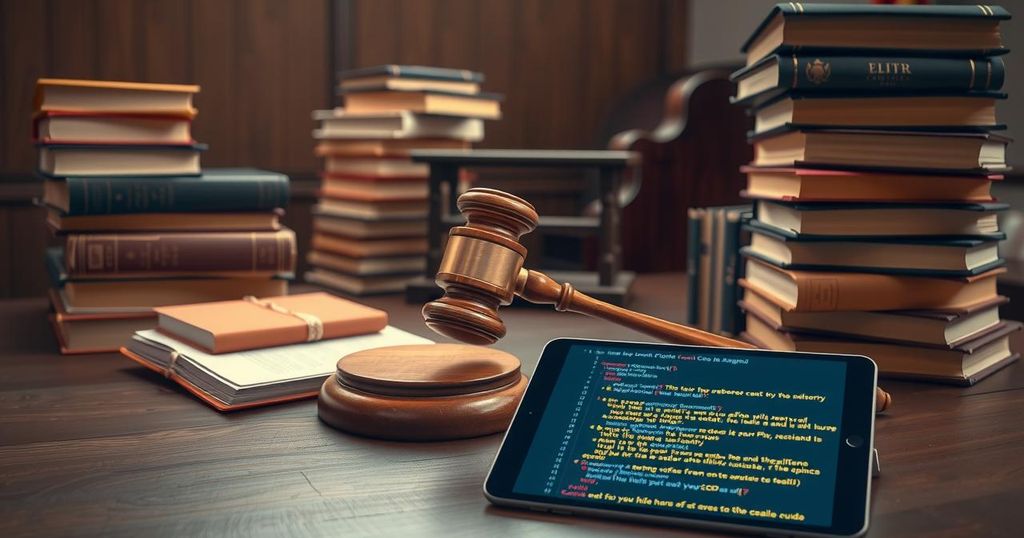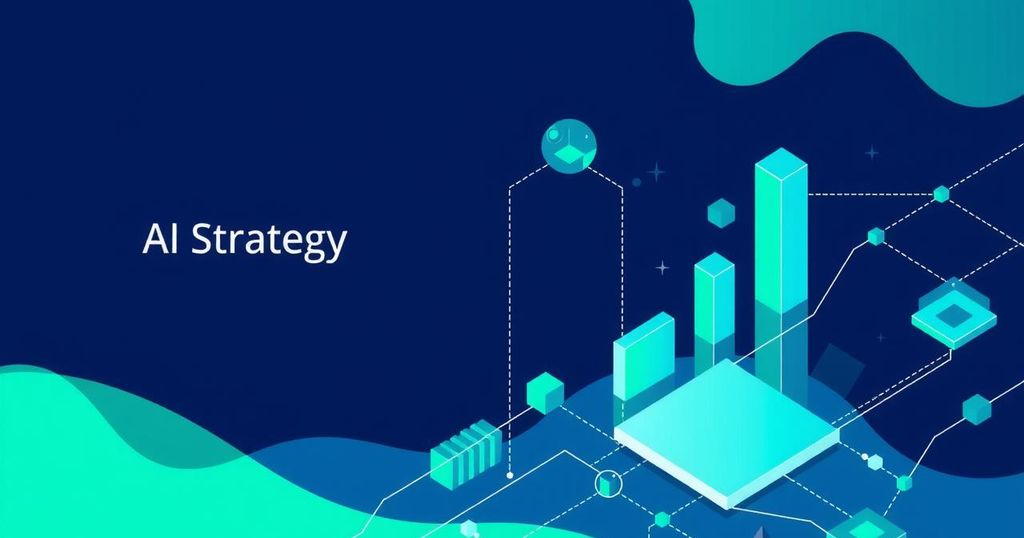Anthropic’s AI Training Deemed Fair Use, Court Rules
- Federal judge rules Anthropic did not infringe copyright laws.
- Judge Alsup highlights transformative nature of Anthropic’s AI training.
- Trial set for December to resolve damages from copyright infringement.
Court Ruling Benefits Anthropic’s AI Training Process
In a landmark ruling, a federal judge in San Francisco decided that Anthropic, a tech company, didn’t infringe copyright when it used books to train its artificial intelligence system. This decision is reminiscent of a student using their favorite novels not to copy them but to cultivate their own unique voice as a writer. Judge William Alsup pointed out that there’s a crucial difference between utilizing a work to learn from it and using it to simply duplicate or overshadow the original, suggesting that Anthropic’s intent was to innovate, rather than usurp.
Mixed Outcomes for Authors and AI Companies
However, this ruling isn’t a blanket victory for Anthropic. The judge asserted that the company’s collection of over 7 million pirated books amounted to copyright infringement. In his order, Alsup mandated a trial set for December to evaluate how much the company owes for this particular offense. It’s an intriguing turn of events where buying physical books after using pirated versions may mitigate damages, but it certainly doesn’t erase the original infringement and its consequences, reminding the world of the delicate balance between innovation and ownership.
Ongoing Legal Battles and the Future of Copyright
The debate surrounding copyright laws and AI training has pitched tech firms against authors and publishers, particularly in how AI generates new content by using existing works as fuel. Anthropic’s spokesperson welcomed the ruling, stating it symbolizes the transformative nature of AI in line with copyright’s intent to spur creativity. However, Keith Kupferschmid from the Copyright Alliance described the outcome as a mixed blessing, where both sides can claim some victory. The legal back and forth also continues with multiple lawsuits against other AI firms, hinting at a broader reckoning in this evolving landscape where creative rights and technological advancement are often at odds.
The recent court ruling regarding Anthropic’s practices in AI training marks a pivotal point in the ongoing struggle between innovation and copyright law. While the ruling permits Anthropic’s use of literary works as transformative, it also brings to light the significant infringement over pirated copies. This rollercoaster of legal outcomes illustrates the complex relationship between technology and the creative sectors and sets the stage for further legal scrutiny and discussion.




Post Comment